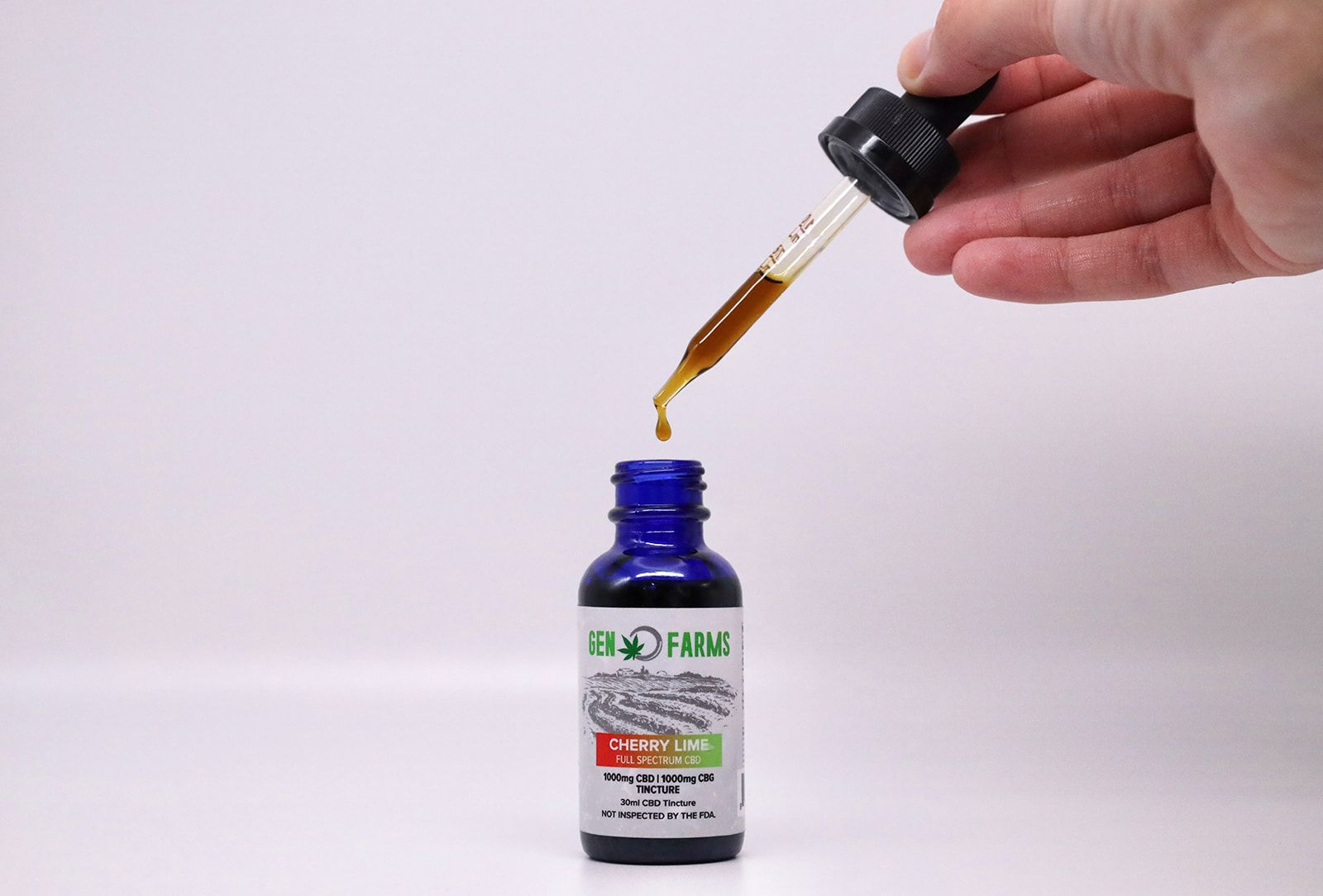What are receptors?
The Endocannabinoid System (ECS) is a complex network of receptors, enzymes, and signaling molecules that plays a crucial role in maintaining the balance and homeostasis of the body. It is a natural system that is present in all mammals and is responsible for regulating a wide range of physiological processes such as sleep, appetite, pain perception, mood, and immune function.
The ECS is comprised of three main components: endocannabinoids, receptors, and metabolic enzymes. Endocannabinoids are natural, lipid-based signaling molecules that are produced by the body and bind to specific receptors to produce their effects. The two main endocannabinoids are anandamide and 2-arachidonoylglycerol (2-AG). These molecules play a key role in regulating various physiological processes and are involved in the regulation of mood, appetite, sleep, and pain perception.
Receptors are the target sites for endocannabinoids and are responsible for transmitting signals to the body. There are two main types of receptors in the ECS, CB1 and CB2 receptors. CB1 receptors are mainly located in the central nervous system, while CB2 receptors are mainly found in the peripheral nervous system and immune cells. These receptors play different roles in the regulation of various physiological processes and interact with endocannabinoids in different ways.
Metabolic enzymes are responsible for breaking down endocannabinoids after they have performed their functions. Fatty acid amide hydrolase (FAAH) breaks down anandamide, while monoacylglycerol lipase (MAGL) breaks down 2-AG. These enzymes play a crucial role in regulating the levels of endocannabinoids in the body and ensure that the endocannabinoids are not active for too long.
The ECS is involved in regulating a wide range of physiological processes and maintaining the balance and homeostasis of the body. For example, the ECS plays a crucial role in regulating the sleep-wake cycle by controlling the release of hormones that regulate sleep and wakefulness. The ECS also regulates appetite and food intake by controlling the release of hormones that regulate hunger and satiety. Additionally, the ECS is involved in regulating pain perception by controlling the release of hormones that regulate pain sensitivity.
The ECS is also involved in regulating mood and emotional state. It plays a role in regulating the release of hormones that regulate mood and emotional state, such as dopamine and serotonin. Additionally, the ECS plays a role in regulating the immune system by controlling the release of hormones that regulate immune function and inflammation.
Cannabis is a plant that contains a variety of compounds, including cannabinoids, that interact with the ECS. The two main cannabinoids in cannabis are delta-9-tetrahydrocannabinol (THC) and cannabidiol (CBD). THC is the psychoactive component of cannabis and is responsible for the "high" associated with cannabis use. It interacts with the CB1 receptors in the central nervous system and produces its effects by binding to these receptors.
CBD, on the other hand, is non-psychoactive and has been shown to have a wide range of therapeutic benefits. It does not bind directly to the CB1 receptors but instead interacts with other receptors in the ECS to produce its effects. CBD has been shown to have anti-inflammatory, analgesic, and anxiolytic effects and has been used to treat a wide range of conditions, including epilepsy, anxiety, and chronic pain.
The ECS is a complex and important system that plays a crucial role in maintaining the balance and homeostasis of the body. It is involved in regulating a wide range of physiological processes,



